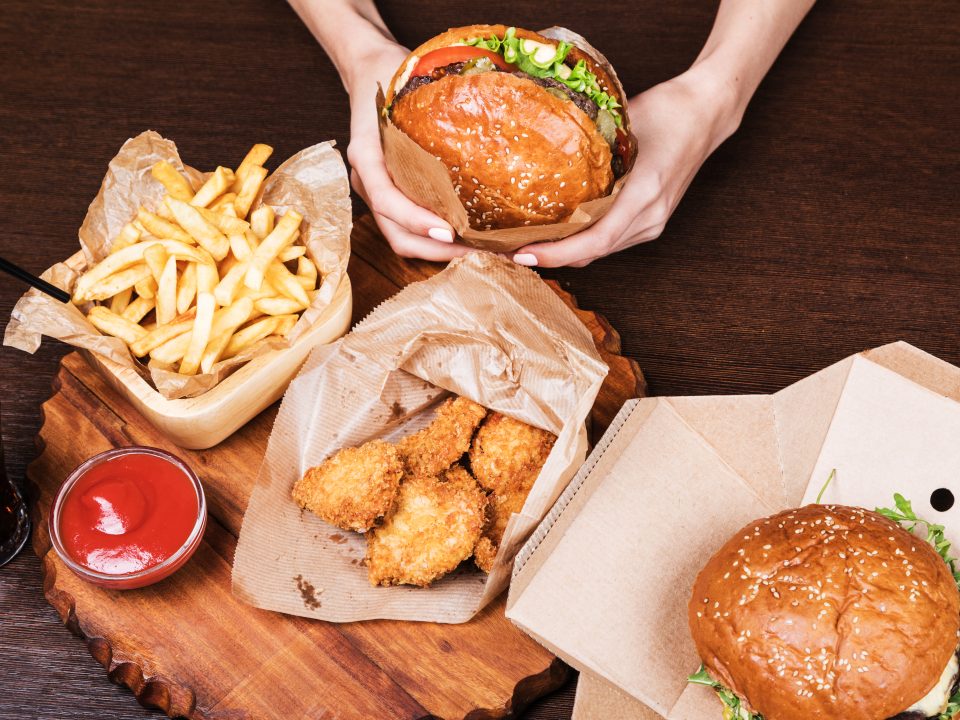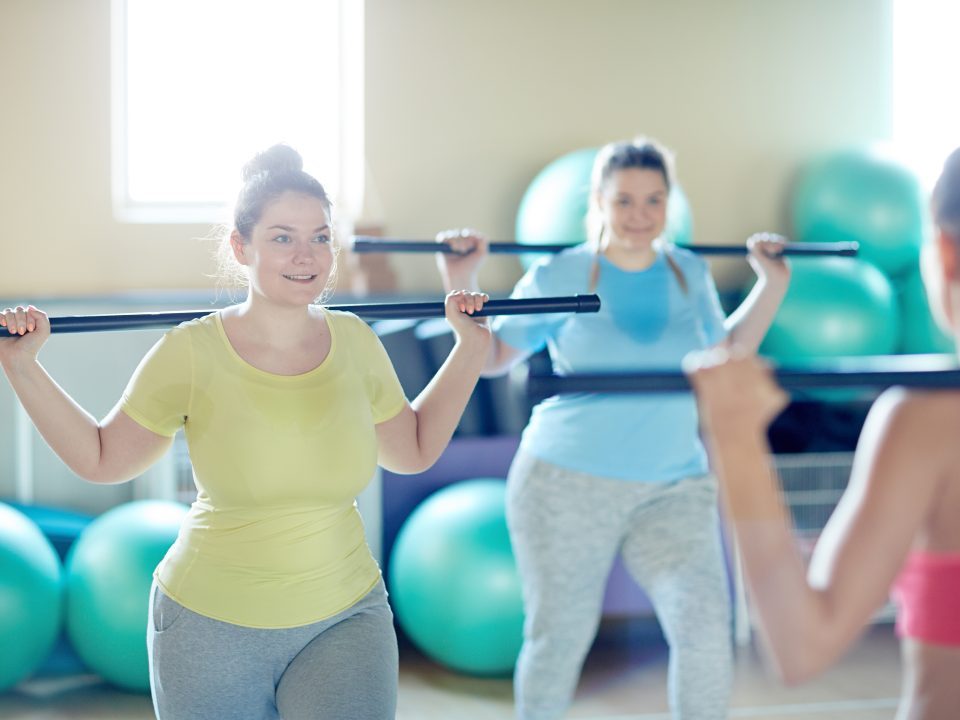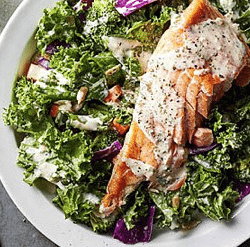Drop your high blood pressure
August 8, 2016Metabolic Syndrome
August 8, 2016High cholesterol is sometimes thought to be caused by eating too much cholesterol in your diet. The real culprit however, is saturated or trans fats.
The cholesterol found in animal products that you eat has been shown to have a minimal effect on blood cholesterol, so reading nutrition labels looking for how much cholesterol is in a food won’t get you far.
In general when talking about high cholesterol, this usually refers to LDL cholesterol (low density lipoprotein cholesterol) which is the “bad” type of cholesterol, but can also refer to high blood triglycerides (TG).
Does it matter if my cholesterol is high?
When LDL levels are too high this can result in blood vessels building up with plaque, which can either result in narrowing of the arteries, so that blood can’t be pumped effectively through that vessel, or more seriously cases where there is complete blockage of the artery.
This is very serious if it occurs in the coronary (heart) arteries, as it can result in blood not being able to reach the heart muscle, starving the heart of oxygen, causing a heart attack. If a blockage or clot forms appears near the brain this will cause a stroke. It normally takes many years for a plaque to build up to this point, and so early detection of high cholesterol is a great way to be able to take measures to lower cholesterol and reduce the risk of heart disease.
What is this healthy cholesterol I keep hearing about?
High density lipoprotein (HDL) cholesterol is considered to be the “good” cholesterol, which reduces your risk of plaque formation. We want to have high HDL levels, as this counteracts the negative effects of the “bad” LDL cholesterol.
How do I lower “bad” LDL cholesterol
To lower LDL cholesterol, our aim is to limit saturated fats in our diet. All animal products contain saturated fat- meat, chicken, fish, eggs, lard, and dairy products. The worst culprits are fatty processed meats (like salami, sausages), full fat dairy products (like cheese, butter, cream), and eating the visible fat on meat or skin on chicken.
There are also plant sources of saturated fat such as coconut milk/oil/cream, margarine, palm oil, or copha, and they are often found in processed foods such as biscuits, cakes, pastries/pies, and takeaway foods.
Even lean meats can contribute more saturated fat than we would like if too big a portion is consumed. A rough guide is a piece of lean protein the size of the palm of your hand per day. Choose reduced fat dairy products, and keep to 2-3 serves a day- one serve is a glass of milk, a tub of yoghurt, or 2 slices of light cheese.
We want less than 7% of your daily calories to come from saturated fat, so if everything you eat is less than 7g/100g saturated fat you are on the right track.
One more tip- reducing your alcohol intake is a great way to reduce your LDL.
To increase “good” HDL cholesterol
Include plenty of mono/polyunsaturated fats (healthy fats) such as in vegetable oils like olive, canola, nut oils, or rice bran oil to name a few. Other whole food sources include avocado, nuts, and fish high in omega-3 fatty acids.
Being physically active for 30 minutes at least 5 days a week is also a great way to boost your HDL. Losing weight if you are overweight/obese, and quitting smoking are also a great strategies.
Do you struggle to make lifestyle changes?
If changing your diet or exercise habits has been a struggle for you, it’s probably more than just having no motivation. There are barriers to change that each of us face in making healthy changes, but the great news is that through planning, smart goal setting, arming yourself with great nutritional knowledge, and knowing what exercises you not only enjoy but which work best for your body, you can change your lifestyle for the better.
If you need a little bit of extra help, why not talk to us about attending one of our retreats? Utilise the knowledge of our expert fitness professionals, nutritionists and counsellors at our Devon Weightloss Retreat. Our proven programs offer guaranteed results, for all shapes, sizes, ages and fitness levels.
For free weekly weight loss recipes, diet and exercise tips, and inspiration follow us on social media:








